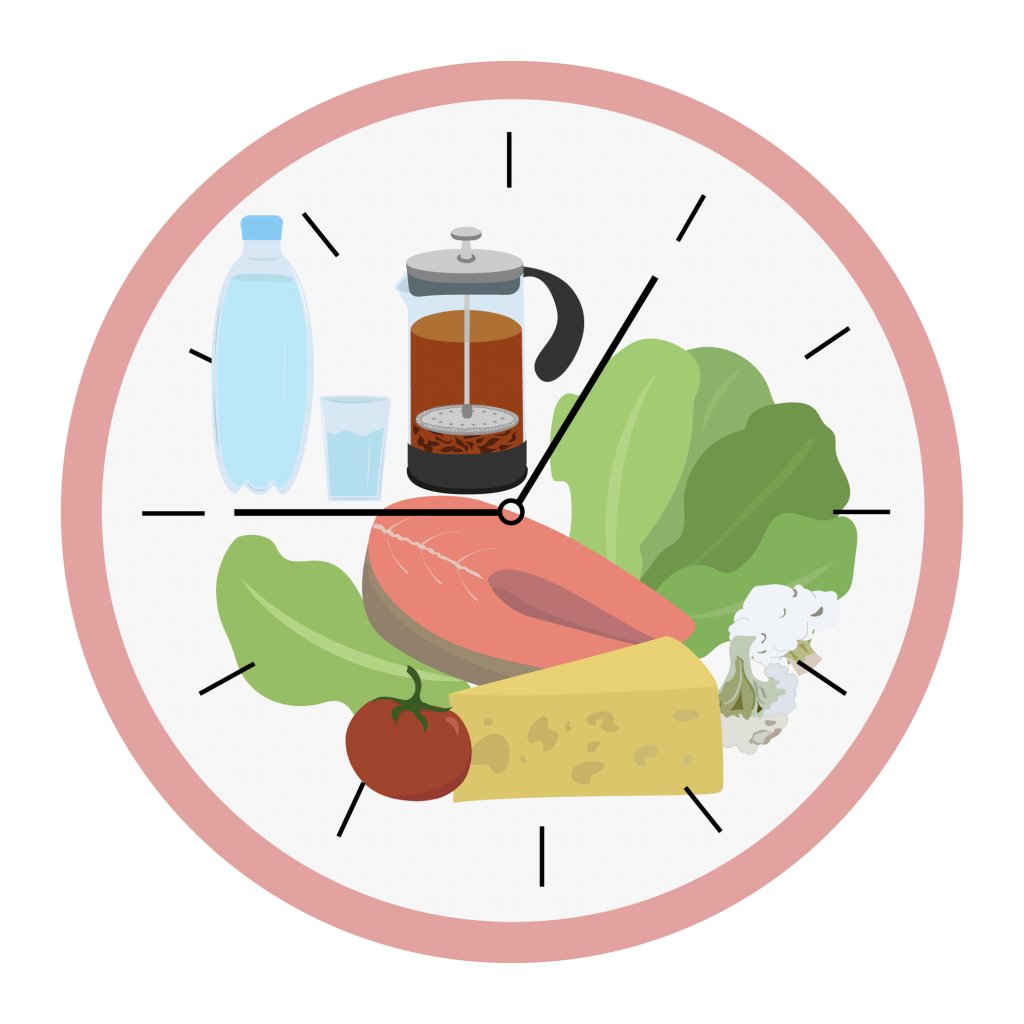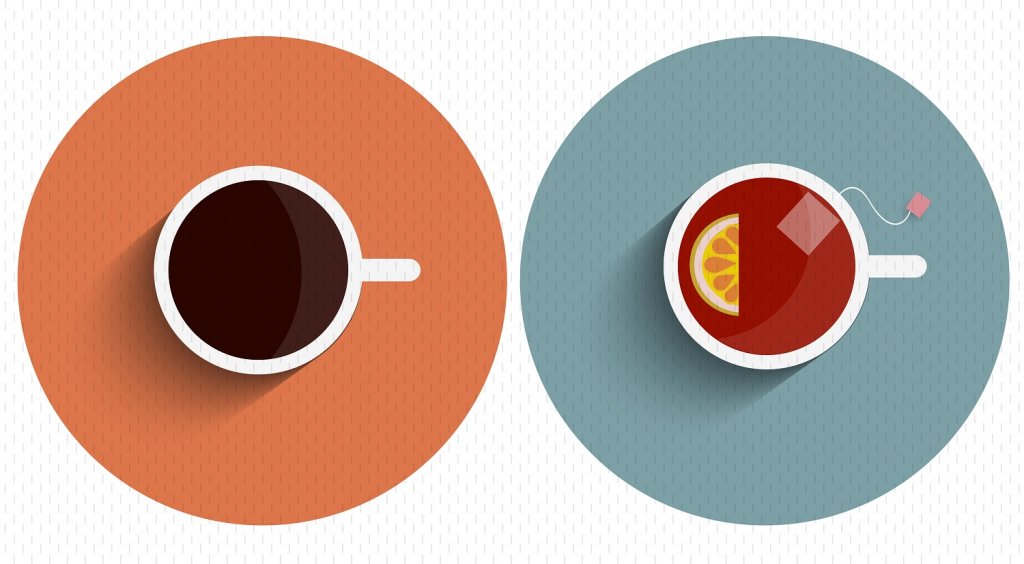
The Effect of Intermittent Fasting on Your Brain


There’s a lot of debate in the health and wellness sphere about the best diet for your health. Where some swear by low-carb high-fat diets, others insist that high-carb low-fat is the only way to eat. With so many conflicting opinions, it’s difficult to know whom to trust or what to listen to. Fortunately, there is a way you can eat that may help you lose weight, improve your brain health, and even increase your longevity, all without strict dietary restrictions. Best of all, it’s not a “diet” at all!
This “non-diet” is intermittent fasting, which is quickly building up steam in the dietary community. Unlike fad diets, fasting is more than just a passing trend because it’s as old as humanity itself. Our bodies are designed to fast, and you already do it every day. From the time you eat your last meal at night, to the time you eat breakfast in the morning, you’re fasting. Intermittent fasting is about gradually pushing out this window until your brain and body start reaping the benefits.
As a center dedicated to improving brain health and performance, Aviv Clinics understands the importance of proper nutrition and its direct effect on cognitive and physical functioning. Making dietary changes, such as Intermittent fasting, benefits brain health, promotes weight loss, and prevents certain diseases. Here’s more on intermittent fasting, along with how you can start fasting yourself.

What is Intermittent Fasting?
Intermittent fasting is an eating style that involves alternating between periods of eating and fasting.
Intermittent fasting is not a diet; it’s a lifestyle. You’re in charge of your own meal plan, and you can customize it to your liking. You can combine intermittent fasting with the Mediterranean diet, Paleo, Keto, DASH, or any other diets. If you don’t want to follow a particular diet, just make sure that you make healthy food choices. Try to avoid artificial ingredients or overly processed foods. So long as you meet all your nutritional requirements within your eating window, just about anything goes!
Because you’re not tied down by the restrictions of a traditional diet, you have the freedom to customize your meals to your own preferences. This means that you’re more likely to stick to a consistent diet plan, which is essential if you want to lose weight and keep it off.
Is intermittent fasting healthy?
Although conventional advice would have us believe that we need to eat every 2-3 hours to sustain ourselves, our evolutionary history paints a different picture. Our hunting and gathering ancestors didn’t have regular access to food like we do, so their bodies had to develop a way to operate without a consistent source of glucose. That’s where fasting comes in as a survival mechanism.
In the same way that you might clean your home and throw out the things you don’t need, fasting is our body’s way of cleaning up shop. Fasting for extended periods allows your body to cleanse itself and use up leftover nutrients from the previous day’s meals, which triggers a process called “metabolic switching”.
Metabolic switching slows the aging and disease processes and promotes weight loss in obese individuals. Fasting also prevents breast cancer in both women and men, and studies suggest that it may improve longevity. Eating constantly doesn’t allow the body time to properly rest, which means you won’t experience the cleansing benefits of metabolic switching.
What fasting does to the brain?
Intermittent fasting is amazing for maintaining brain health. In addition to slowing the aging process, metabolic switching increases neuroplasticity in the brain. This helps optimize brain function and increase the brain’s resistance to injury and disease. Intermittent fasting also triggers a process called autophagy, which works to ward off Alzheimer’s disease and Parkinson’s.
Fasting can also clear brain fog and sharpen the mind. Many people who fast report clearer thinking and improved moods, which can benefit your brain-gut connection and increase your overall happiness.
Intermittent Fasting for Beginners
There are a few different ways to practice intermittent fasting.
Some of the most common methods include:
Time-restricted fasting
This is the most common method of fasting, and the one most people will end up practicing. It works by limiting the daily window where you eat your food every day. For example, if you eat your first meal of the day at 10 am and your last meal at 6 pm, then you’ve fasted for 16 hours and eaten for 8, meaning that you followed a 16:8 fasting schedule. Common ratios for time-restricted fasting include 14:10, 16:8, 18:6 and 20:4.
5:2 Fasting
This method of fasting involves eating normally for 5 days a week and fasting for two. On fast days, you’ll eat one 500 calorie meal if you’re a woman, or one 600 calorie meal if you’re a man.
Alternate Day Fasting
This is a more extreme version of 5:2 fasting. Instead of fasting for only two days a week, you’ll fast on alternating days, following the same 500-600 plan for meals on fast days.
Start with time-restricted fasting before trying the more advanced options. Just like you can’t expect to run a marathon without experience, you can’t expect to fast for hours on end without a little training first.
Try gradually shrinking your eating window every day until you’ve reached your goal. If you currently eat your first meal at 8:00 am, try pushing it out to 9:00 am and eventually to 10:00 am or 11:00 am. Or if you want to try 5:2 fasting, start out by fasting only one day a week and gradually upping it to two. Whatever fasting schedule you choose, just try to be consistent. Establishing a routine and sticking to it helps establish consistency, which is key for a healthy lifestyle.
What constitutes breaking a fast?
If you’re interested in giving fasting a try, you might be wondering about what counts as breaking a fast.
Will your morning cup of coffee ruin your fasting schedule or not? The answer is, it depends.
While calorie-free beverages like coffee or tea are all right to drink while fasting, anything that has calories in it breaks a fast. That includes any kind of artificial sweeteners or creamers you may add to your favorite drink.
That doesn’t mean that you have to drink black coffee exclusively, however. You can make a game out of adding creamer to your coffee at a later time every day. Try challenging your family members or friends to see who can hold out with black coffee the longest!

Is there anyone who shouldn’t fast?
People with Type 1 diabetes or anyone who takes insulin shouldn’t fast. This can put you at risk for dangerous blood sugar problems like hypoglycemia or ketoacidosis. People with hypertension, blood pressure problems, or cognitive impairments shouldn’t fast either, and neither should anyone who struggles with remembering to eat on a daily basis.
Certain medications may also prevent people from fasting, and those who use canes or wheelchairs should also take care not to fast. As with any diet, check with your healthcare provider if you’re not sure that fasting is right for you.
Conclusion
The benefits of intermittent fasting are numerous and clear. It can increase your lifespan, lower your risks for diseases and improve your brain’s overall health. But perhaps fasting’s biggest benefit is that it allows you to put the joy back in eating. When you don’t have to worry about weighing, counting or measuring, you can focus on eating foods that nourish not only your body, but also your soul.
You can still indulge in your family’s traditional recipes without feeling guilty. It’s important to eat a balance of foods that make you happy and foods that keep you healthy. Intermittent fasting provides you with the perfect framework for this, allowing you to live your best life possible exactly the way you want to.
DP World’s Aviv Clinics Dubai
Nutrition is an important pillar in your approach to health, especially as you age. The Aviv Medical Program utilizes a multidisciplinary approach to healthy aging, including a personalized nutrition plan based on a comprehensive assessment to address your individual needs and goals, along with hyperbaric oxygen therapy, physical training, and cognitive training.
Discover how you can take your brain health and longevity into your own hands with Aviv Clinics. Learn more today.
Aviv Medical Program provides you with a unique opportunity to invest in your health while you age.



